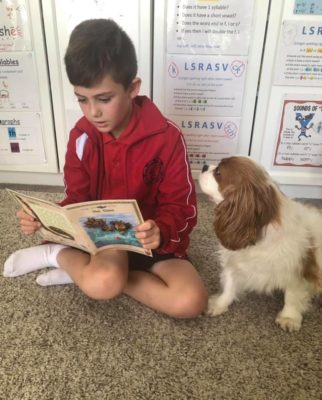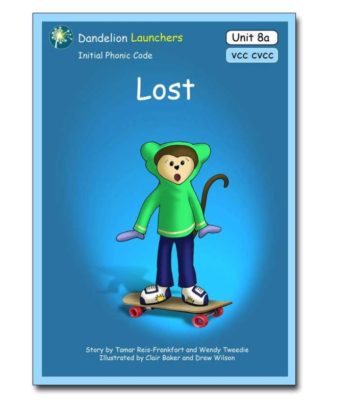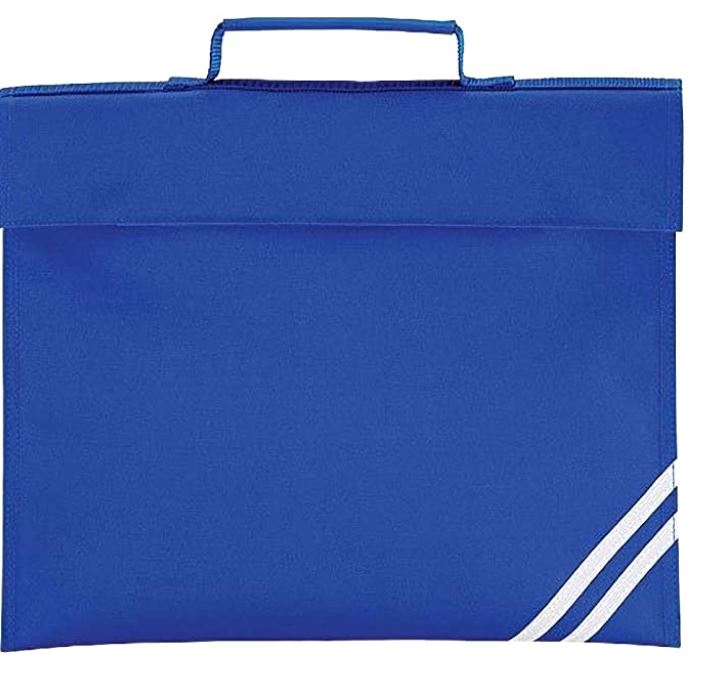Beginner readers need a great deal of practice. Where possible, sending home decodable books is an important opportunity for reading practice. It is difficult for the teacher or teaching assistant to hear every child read every day or even every week. So, an adult reading at home with the child has a very significant role to play in embedding the phonics knowledge and practising the phonics skills as he/she learns to read.
Decodable books should lag behind phonics teaching
One important principle that teachers need to follow is that it may take a week or two for new learning to embed in long-term memory, so it is good practice to delay sending home books with the phonics taught in a specific week by a week or two. What this means is that the child is reading words with spellings (graphemes) they learned a week or two ago. Reading new spellings and words in text is difficult for beginner readers. This can be alleviated if they have an automatic recall of the sound/letter correspondences already. It will reduce cognitive load and frustration.
Reading a book more than one time
Rereading a book is very helpful for consolidation of phonics knowledge and skills. It also helps develop reading fluency. Many children are reluctant to reread a book, so finding creative ways for this to happen is a good idea. For example, the child can read the same book to another member of the family, the dog, or a younger sibling. Another fun way is to record them reading a book and send the video clip to a grandparent, etc.

Multiple books at each level
Another way to get children to practice the phonics they have been taught is to offer them more than one book at each level. These books will have different words, but the same target spellings (graphemes) the teacher has introduced in class. This adds interest and allows for more practice. Children love to see that they can read more than one book, but this is more difficult for the teacher to organise as children will need to change their books midweek.

What’s in your bookbag?
Many schools are now sending home two books in the bookbag. A decodable book for the child to read and a book for the adult to read to the child. This is a great idea as it ensures that all the children develop their language, comprehension and knowledge of the world through ‘authentic books’, and at the same time, they develop decoding with decodable books. These ‘authentic books’ can be fiction or nonfiction but the purpose of these books is language enrichment while the purpose of the decodable book is developing decoding and word recognition. ‘Authentic books’ offer opportunities for parents to discuss vocabulary, plot and characters or, in the case of nonfiction, to discuss different topics of interest to the child.


What about children who arrive in school already reading?
Children who are reading above the level of the class teaching may find simple decodable books unchallenging. These children can take home books that they can read TOGETHER with their parents. They can read the words that they can decode, while the parents take on the more complex words in the text. Some schools put the books from old reading schemes to this use. It is important to guide parents and explain that children should not resort to guessing when they encounter words they can’t decode. Decoding can be applied to all words and the parents can point to the letter/sound correspondences as they read words with complex spellings. Here is a fun example of a Dr. Seuss book that a parent and child could read together.

Interested in decodable books?
Check out our ranges for beginner and catch-up readers:
#beginnerreaders #decodablebooks #authentic books #booksforbeginnerreaders #phonicsreaders


